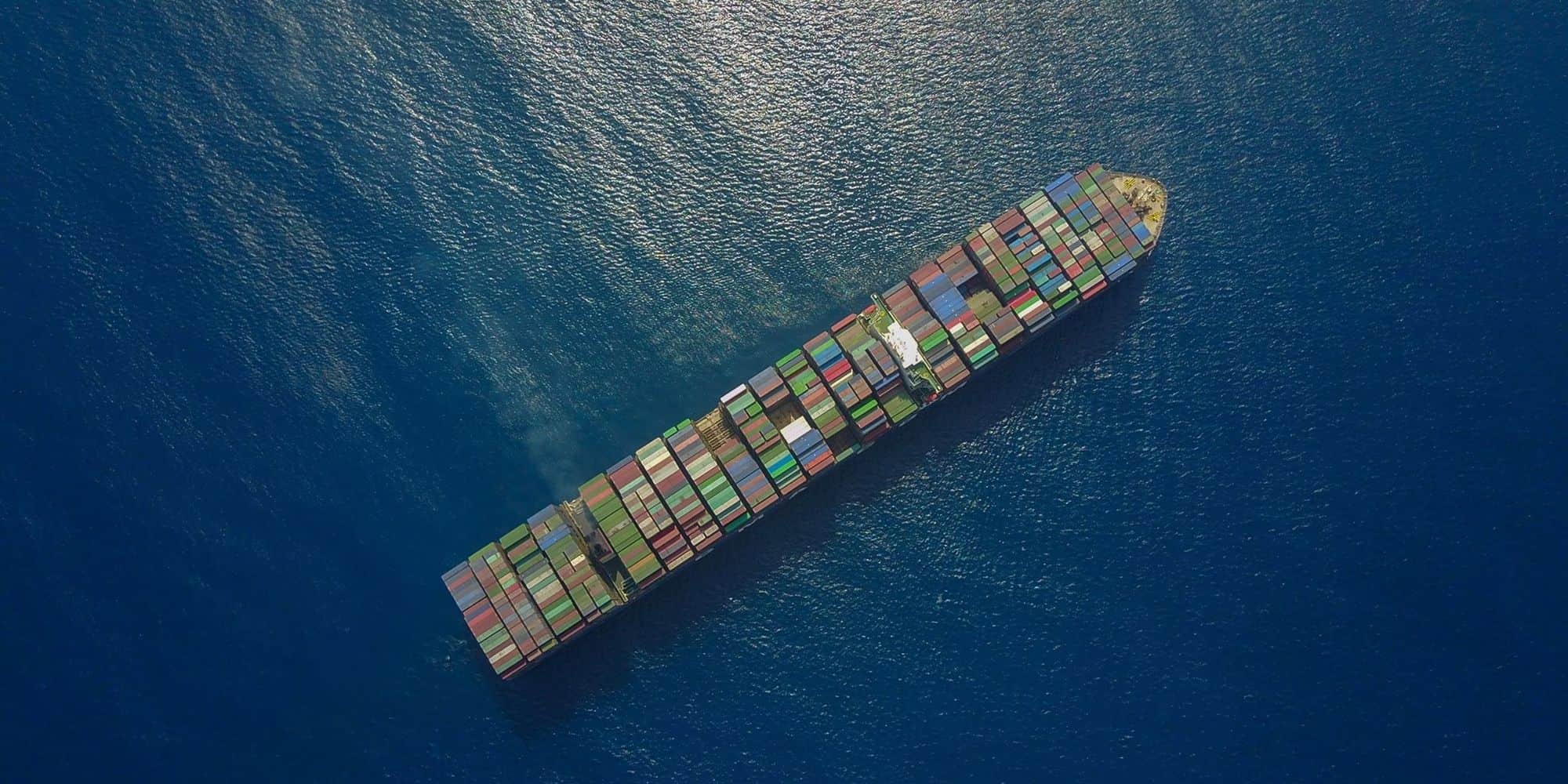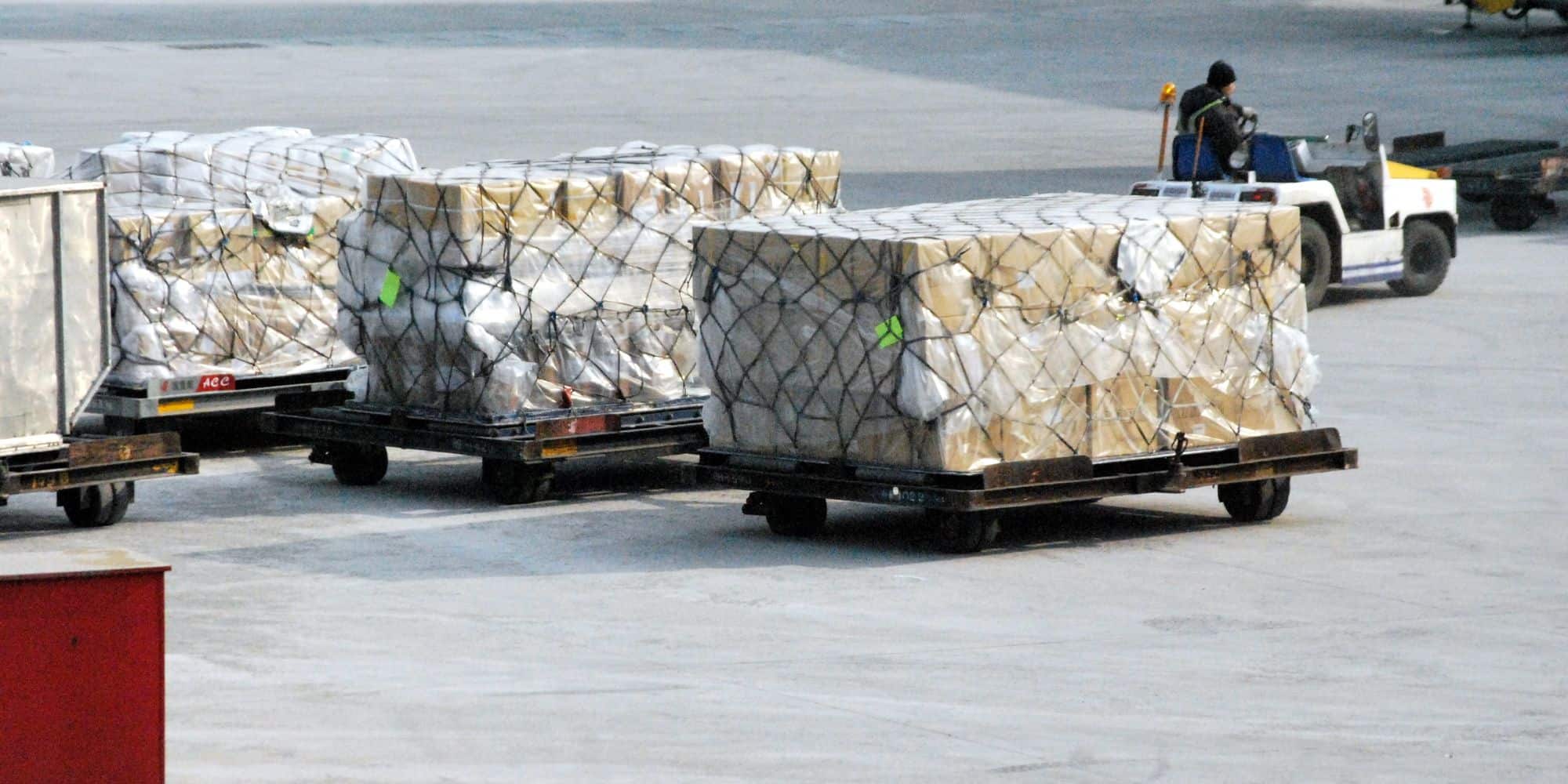If you’ve never ventured into the complex world of cargo insurance, here is a crash course for you:
- Coverage is very fickle and you can’t assume anything
- The policies are hard to understand (they’re based on the antiquated concepts of “maritime law”)
- It costs very little, relative to the value of the cargo it is protecting
- It could save you a fortune
Don’t Take Any Chances
No matter what method companies depend on for their shipping needs, tracking every container, crate and box is essential to their bottom line. Small local shipment near home, or enormous load going overseas, nothing should be left to chance.
There are so many ways to get burnt due to human error, natural disaster, or other freak occurrence, that the safety of your shipments requires full attention. Luckily, comprehensive insurance coverage is at your company’s disposal, and with the right policy, you can minimize the huge financial burden at risk.
The Fundamentals
Before your precious cargo sets sail, it’s paramount to know who’s responsible for procuring the cargo insurance. Equally important… what’s covered? Here are the basics:
- Whose job is it? Often times, the exporter or manufacturer insures the goods till they reach the buyer. If you’re the importer, look into this arrangement to help avoid the onus of carrying insurance.
- How much is the merchandise worth? It’s imperative to vigilantly list each item and document the entire shipment’s value in case of dispute, loss or damage. Take your inventory beforehand!
- Mode of transit. While many policies cover all methods of transportation, some will only insure –for example– ocean transportation. Make sure you’re covering the right mode of transit.
- Where is it being stored? While most policies won’t exclude your type or location of storage facility, others might have provisions excluding certain kinds of depot or other warehousing.
- What types of incidents? Anything can happen during a long haul. Any type of accident, vehicle malfunction, theft, fire, natural disaster, vandalism, derailments or containers overboard. Review your contract to know what’s covered, or take out an “all-risk” policy to put the odds in your favour.
Common Misconceptions
The vast majority (almost 90%!) of cargo entering the United States every year does so with zero insurance coverage. Considering the billions of dollars at play, that’s a huge and unnecessary risk. While the cost of this insurance is only about 0.5% of the shipment’s value, most importers don’t even consider enlisting a policy for coverage. There are several possible explanations as to why. Among them, the shipper thinks to himself:
“My business insurance covers my shipments.” Sadly, this assumption is most often wrong.
“My supplier covers the cargo insurance.” Again this idea is usually false.
“Nothing bad has ever happened to any of my shipments.” So should you wait until after a disaster to protect yourself?
Types of Cargo Insurance
Yes, multiple types cargo insurance exist, and you need the right fit! When researching your options, make sure to ask about the following:
- Ocean/Marine Cargo Insurance
- Marine Insurance
- Domestic Transport Cargo Insurance
- Import/Export Cargo Insurance
- Contingent Cargo Insurance
Depending on your business, needed coverage can include comprehensive contingent cargo insurance, commercial vehicle or fleet insurance, workers compensation insurance or additional types not listed here.
Worth the Investment
When misfortune rears its ugly head, your company could be asked to compensate millions of dollars for a sunken cargo ship… even if you are only shipping a few thousand dollars in goods. For any business involved in large scale shipping and import/export, the right cargo insurance could protect your assets, preserve your reputation, and even enhance your client relationships.
What have you got to lose?


 LAC Team
LAC Team


